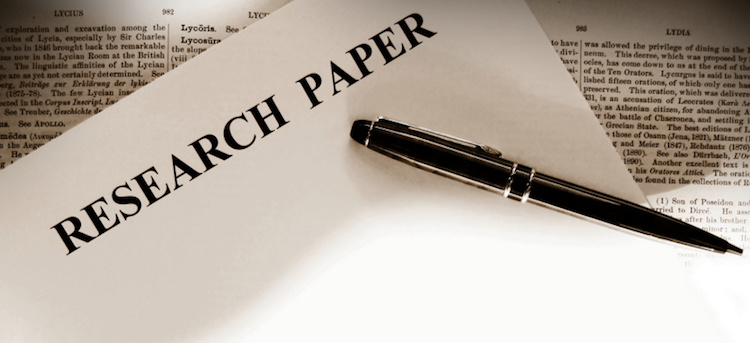
A short guide to reflective writing 7 Conclusion Reflection is a useful process even if you have not been set a specific reflective assignment. It helps you to make sense of and learn from your experiences. Many degrees involve assessed reflective writing. This is to allow you toFile Size: KB Writing a Reflection Learn about free-writing, three models for reflective writing, creating an outline, writing your first draft, and assessing your writing. Revising Your Work Analyze your writing for the purposes of revision and editing. Resources Expand your understanding of reflection and reflective writing with these resources As Wikipedia defines it, a reflective writing “is an analytical practice in which the writer describes a real or imaginary scene, event, interaction, passing thought, memory, form, adding a personal statement reflection on the meaning of the item or incident, thought, feeling, emotion, or situation in his or her life.”
How to Write a Reflective Essay: Format, Tips and Examples | EssayPro
For those coming to study maths and science subjects, you might be mistaken in thinking that any guidance on writing styles academic reflective writing not relevant to you. You may be asked to write essays, literature reviews or short discussions, in which all the advice on this course, including the advice below, is of relevance. In addition, even writing up your equations or findings will require you to carefully consider your structure and style.
Different types of assignment often call for different styles of writing, but within one assignment you might use a variety of writing styles depending on the purpose of that particular section, academic reflective writing. Three main writing styles you may come across during your studies are: descriptiveanalytical and reflective. The diagram below shows examples of each of these writing styles, academic reflective writing.
All of these forms of writing are needed to write critically. Critical writing requires you to:. So how will you know which writing style is needed in your assignments? As mentioned, most academic assignments will require a certain amount of description but your writing should mainly be analytical and critical. Make sure you read these carefully before you begin your assignment. The description is there to help the reader understand the key principles and for you to set the scene.
But description, in this case, needs to be kept to a minimum. However descriptive writing is often used in the methodology academic reflective writing findings sections of a report, or when completing a laboratory report on academic reflective writing experiment. Analytical writing style is often called for at university level.
Analytical writing shows the thought processes you went through academic reflective writing arrive at a given conclusion and discusses the implications of this. Not all writing will require you to write reflectively. However you might be asked to write a reflective account after a work placement or find that at the end of a report it might be appropriate to add some personal observations. And evidence in the case of reflection will include your own personal experience which adds to the discussion.
It looks like you're using Internet Explorer 11 or older. This website works best with modern browsers such as the latest versions of Chrome, Firefox, Safari, and Edge. If you continue with this browser, you may see unexpected results, academic reflective writing. Academic reflective writing LibGuides Academic writing Descriptive, analytical and reflective writing Search this Guide Search. Academic writing Expert guidance from Study Advice at the University of Reading.
Home Thinking about grammar Correct punctuation Writing in an academic style Descriptive, academic reflective writing, analytical and reflective writing Styles of writing Descriptive writing Analytical writing Reflective writing Effective proof reading. Analytical writing Analytical writing style is often called for at university level.
Reflective writing Not all writing will require you to write reflectively. Practice-based and reflective learning LibGuide More details on thinking and writing reflectively. Report a problem.
Reflective Essay (Examples, Introduction, Topics) - EssayPro
, time: 9:50Write Online: Reflective Writing Writing Guide - Introduction

A short guide to reflective writing 7 Conclusion Reflection is a useful process even if you have not been set a specific reflective assignment. It helps you to make sense of and learn from your experiences. Many degrees involve assessed reflective writing. This is to allow you toFile Size: KB Some examples of reflective writing Social Science fieldwork report (methods section). The field notes were written by hand on lined paper. They consisted Engineering Design Report. Question: Discuss at least two things you learnt or discovered – for example about design or Learning Journal · Reflective essays can be academic, or may feature more broadly as a part of a general piece of writing for a magazine, for instance. For class assignments, while the presentation format can vary, the purpose generally remains the same: tutors aim to inspire students to think deeply and critically about a particular learning experience or set of experiences

No comments:
Post a Comment